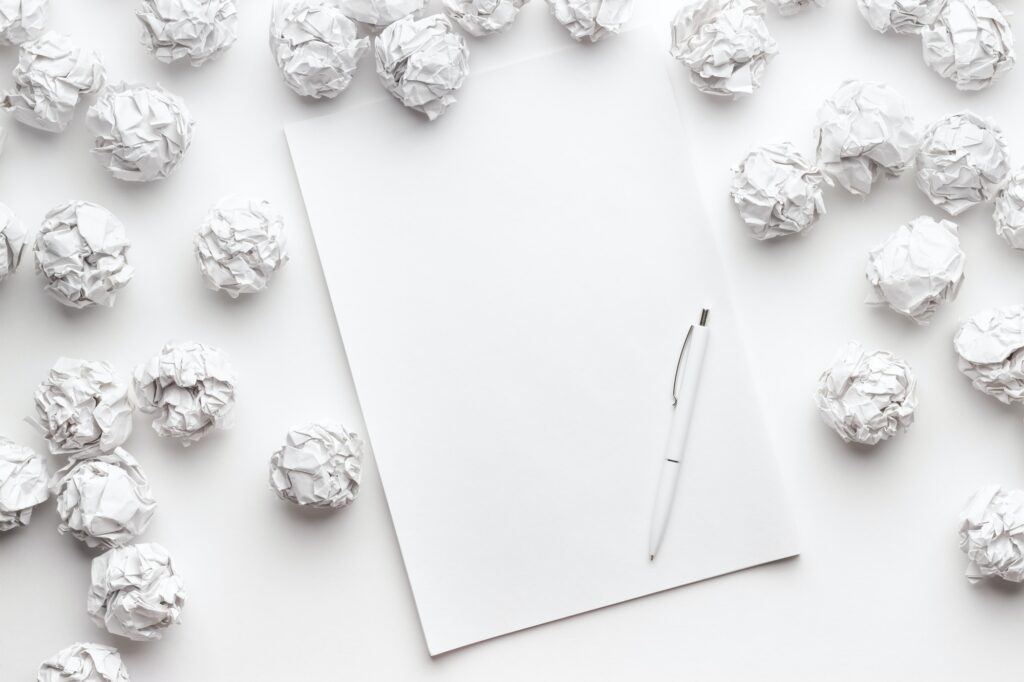How does that even work?
I’m fascinated by this topic but like many writers I dismissed it out of hand initially. AI for writing? First impossible, second cheating. Then I learnt, that like most new technology it was more nuanced than that. It isn’t click a button and produce a book.
Most of us are already familiar with AI in our writing if we use spellcheck. Then we have software like Grammarly that looks for errors in grammar. Take another step forward and say hello to Pro Writing Aid which can check for errors such as passive writing, overuse of adverbs and a raft of other writerly goofs.
Last year GPT-3 was announced. At its most basic this is a language model that uses deep learning to produce human-like text. And it’s good. I first heard about it via writer Joanna Penn’s occasional podcast about technology for writers and the publishing industry. Joanna is a self described “techno-optimist”, a term I have quickly stolen to describe my own attitude towards the wonderful inventions that surround us. These are exciting times!! I digress though… back to writing and AI.
On top of the GPT-3 engine developers are creating software to make it user friendly and accessible to non-techies. This week Joanna interviewed Amin Gupta. Amin has developed Sudowrite , software that’s built on the GP3 engine and can help writers by suggesting characters, expanding plot even writing poetry, all based on your own work. It’s in beta at the moment but you can apply to get on the list to try it out. I was lucky enough to get on the beta and I was blown away by the capabilities. A couple of examples:
I’m writing Victorian historical fiction so I put in a few sentences but carefully avoided anything that I thought would give away the time period. Sudowrite suggested several ways I could continue with this piece of writing and one of them had a character ‘hailing a hansom.’ What kind of witchcraft is this? I scanned through the initial sentences again and found mention of a shawl which had presumably given a clue to the time period. Mind blown! It can even attempt poetry: put the topic and a few lines of poetry in and it will produce a few more stanzas. I played around with this and managed to produce poems that had totally different meanings just be altering a few words in the initial lines. And it wasn’t poetry in the sense that it can follow rhyming schemes or scan correctly but it could definitely make you think differently about a subject and give you some word combinations that you might not have thought of.
Does this software write for you? No, but it can generate ideas that look at your writing from another perspective. Joanna’s summation was imagine sitting and brainstorming with a writing buddy. They might give you a great idea but, of course, you then you have to go away and write it yourself.
Is it cheating? Is using a spellcheck cheating, is hiring an editor cheating? That’s for you to decide but I’m embracing a new writing partner helping me out when I get stuck.
There are some concerns surrounding AI to do with copyright and plagiarism, that’s too big a subject to explore here but there is further information in the links below. At the moment the only downside I can see is that it’s way too much fun and hours can be lost down the rabbit hole of generating prose and poetry.
This is a huge subject and my knowledge is limited to the research I’ve carried out over the last few months. If you’re interested I’ll list some resources where you can find explanations that are more informed than mine.
GPT-3 – Wiki
AI for Authors – Practical and Ethical Guidelines
GPT-3 Creative Fiction









